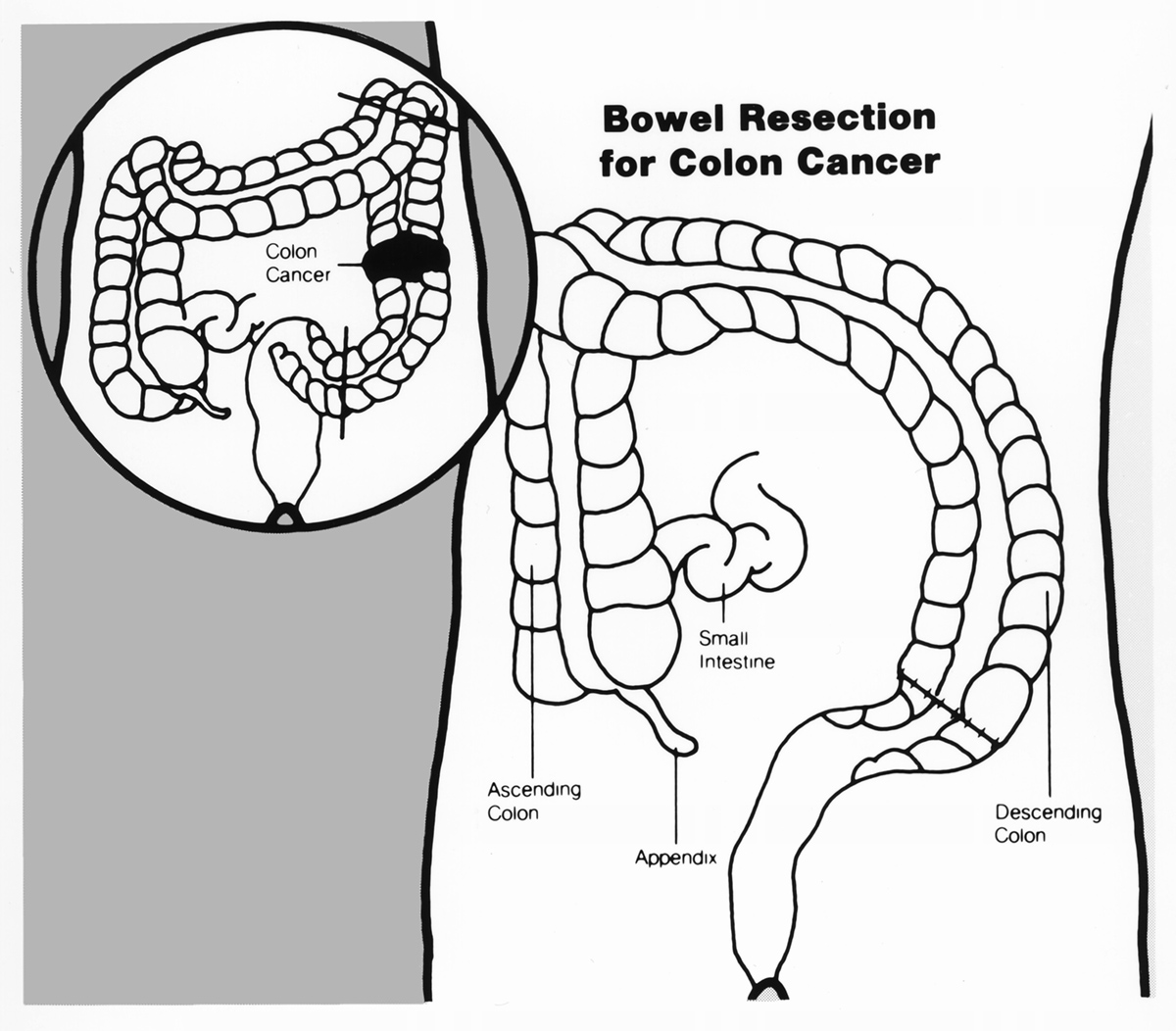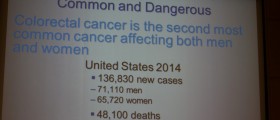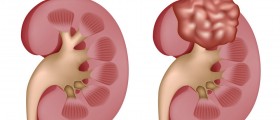
Bowel cancer is also known as colorectal cancer, or colon cancer. It is a very serious disease that includes cancerous growths in the colon, rectum and appendix. This is the fourth most common form of cancer in the United States, responsible for 655,000 deaths worldwide every year. Bowel cancer is the cancer of the large intestine, colon, which is situated at the lower portion of humans’ digestive system. Bowel cancers arise from adenomatous polyps in the colon. These growths are usually benign but they may develop into cancers. Polyps are usually very small and they don’t show any obvious symptoms. Only the regular screening tests may detect the polyps on colon and prevent the formation of cancer.
Symptoms of bowel cancer
Not every kind of problems with the bowels, such as upset stomach or bleeding from the bottom, means there is something seriously wrong with the bowels. However, certain symptoms may be considered warning signs. Early diagnosis is very important as it significantly improves one’s chances of survival. The most typical symptoms are:
Rectal bleeding, without any obvious reason, accompanied with straining, lumps and itchiness.Persistent changes in bowel habits, especially if one is having loose stools for a couple of weeks or feeling a need to go to the toilet more oftenSevere abdominal painA lump in the abdomenFatigue, weight loss and other symptoms of anemiaThese symptoms may also be caused by some other less severe diseases and, in fact, in most of the cases doctors will diagnose a different kind of health problem. However, upon noticing the symptoms, one should immediately consult a medical professional as early diagnosed bowel cancer can be successfully treated in over 90% of cases.
Causes of bowel cancer
Bowel cancer occurs when healthy cells in the colon start to change. Normally, healthy cells grow and divide in order to regenerate and keep the body functioning normally. However, the normal growth process sometimes gets out of control and the cells continue their growth and reproduction even when it isn’t needed. Some of these abnormal cells may convert into cancerous tissues, over a several years. Factors that may affect this change are: excessive alcohol intake; diet high in saturated fat, red and processed meat and low intake of dietary fiber; sedentary lifestyle; obesity; and smoking. Age is another considerable factor. This disease is increasing in the younger age groups, but 83% of people who develop bowel cancer are age 60 and over.
Treatment
The treatment of bowel cancer depends chiefly on the stage of the disease. Primary treatment methods involve surgery, chemotherapy and radiation. The treatment is aimed at removing the original cancerous growth and at preventing secondary spread.

















Your thoughts on this
Loading...